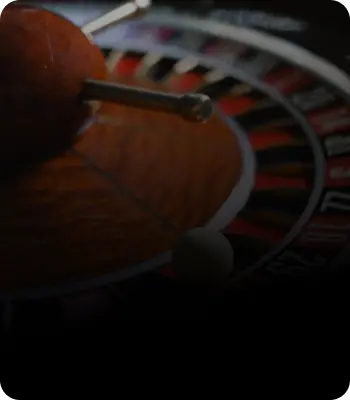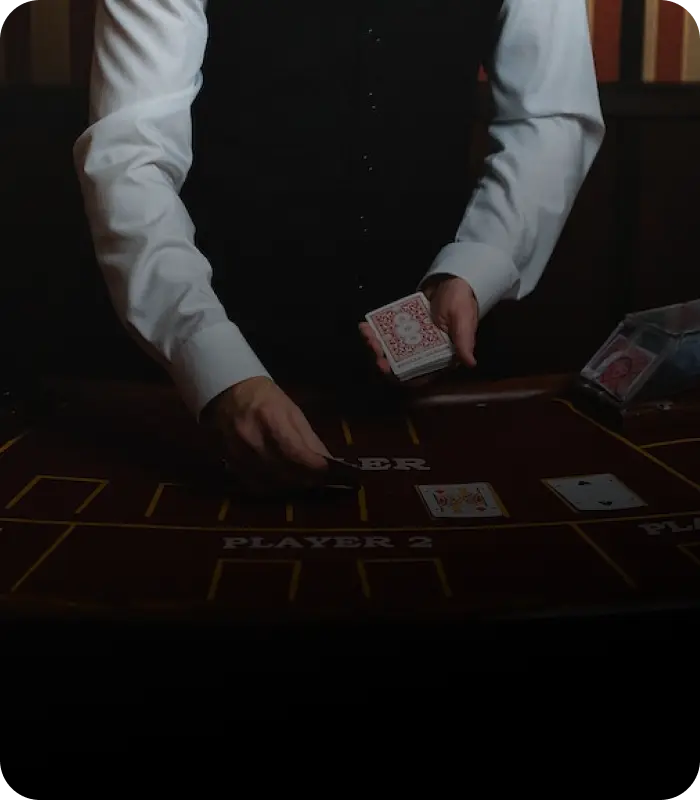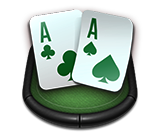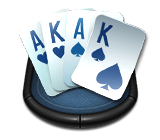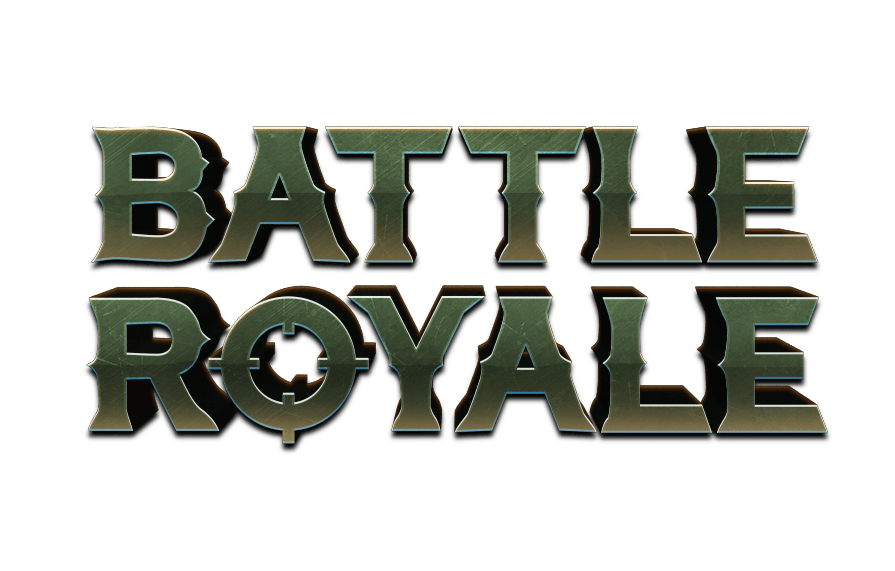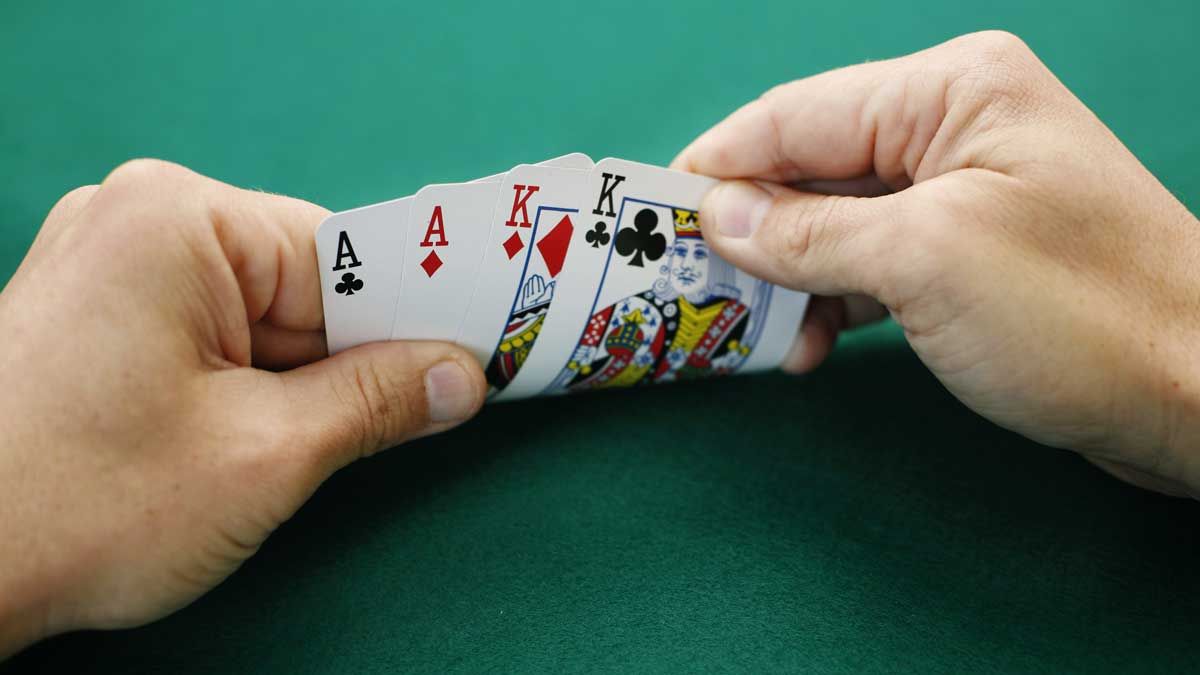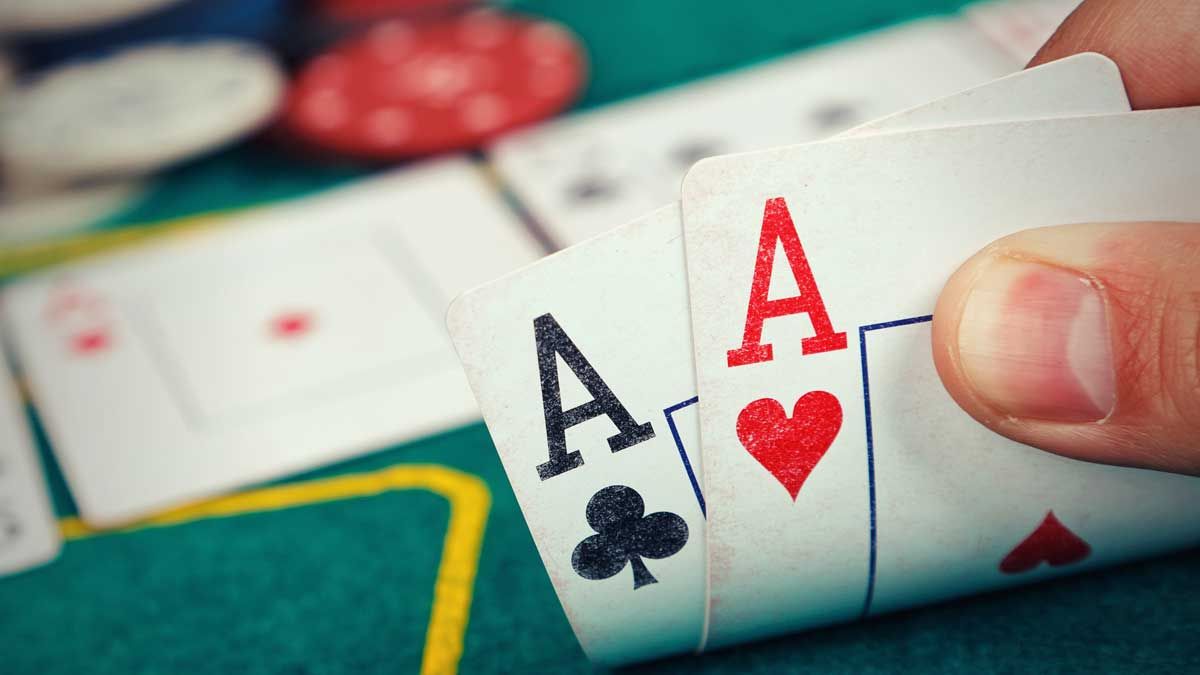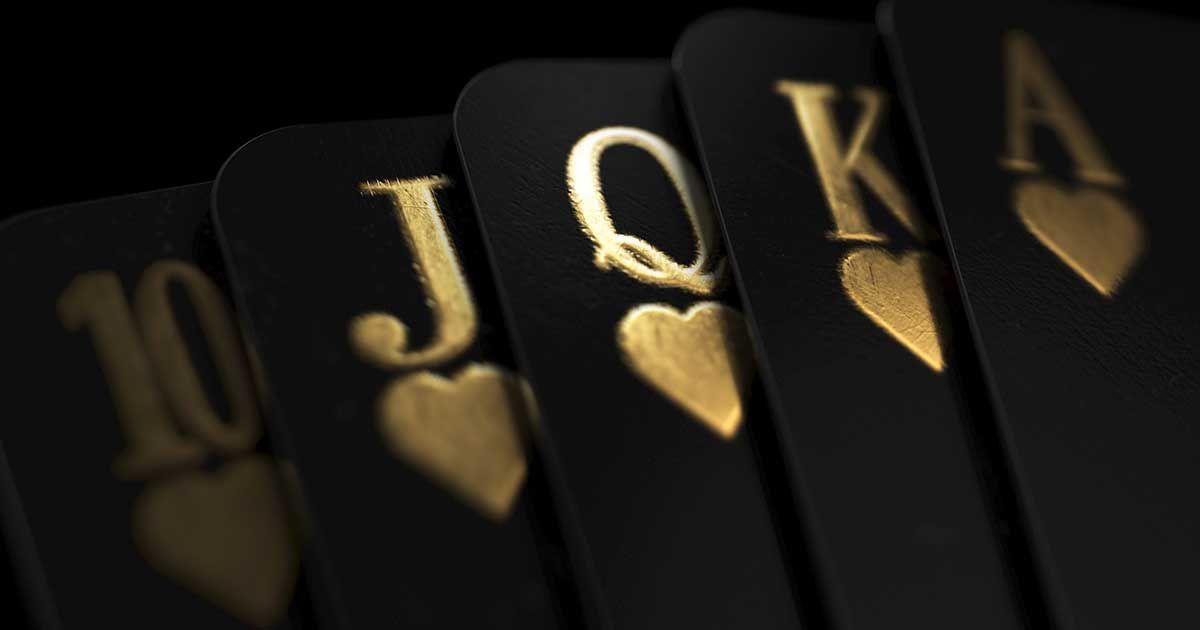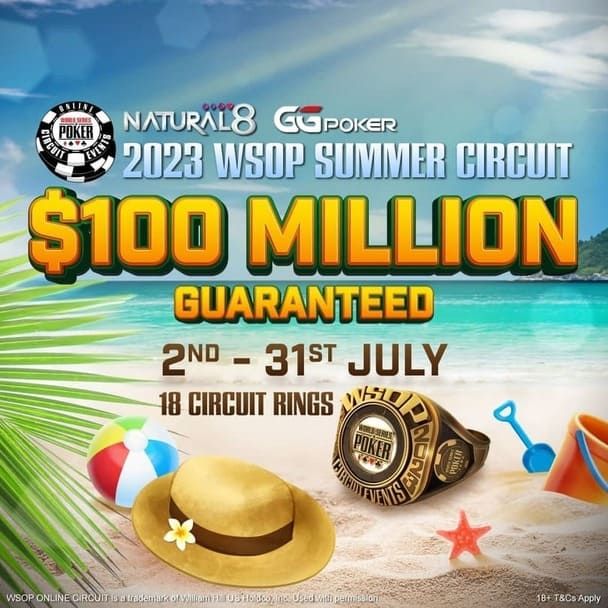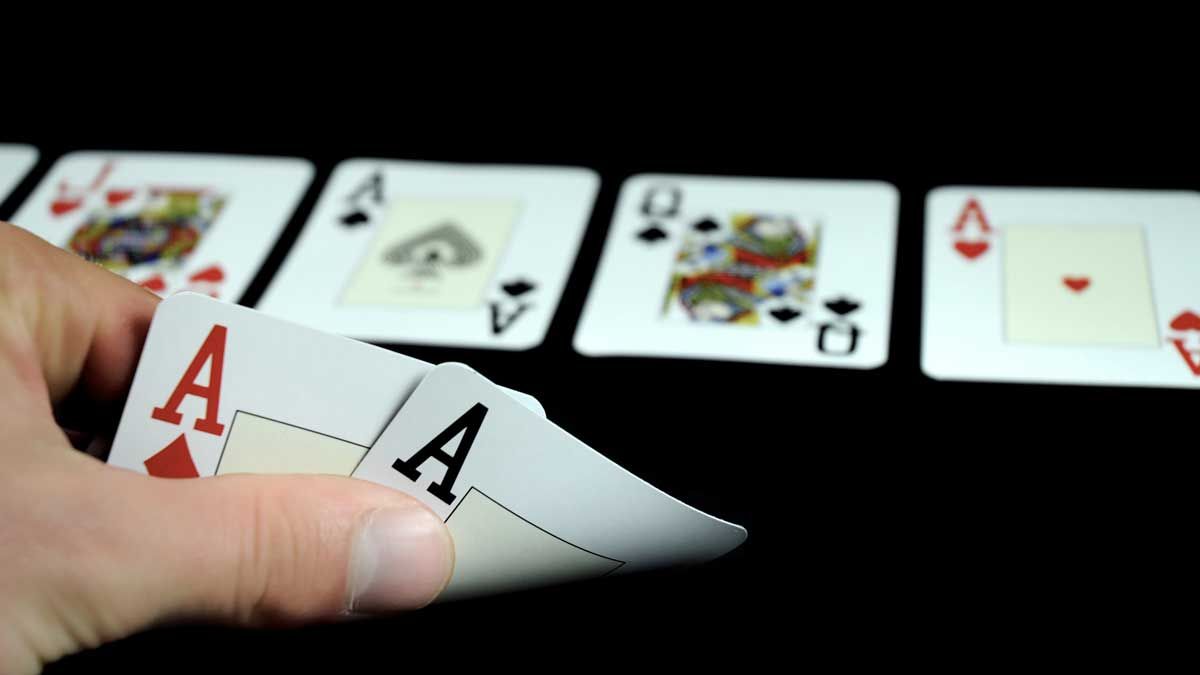
Short Deck, or 6+, is an increasingly popular form of poker that’s loosely based on Texas Hold’em. It uses a reduced deck of just 36 since all cards ranked lower than a 6 are removed. And predictably, this has a huge impact on starting hand selection strategy when compared to its Texan cousin.
If you’re just starting to learn how to play short deck poker, you’ll need to know about the best - and worst - starting hands. Which is exactly what this article is going to address.
Best Short Deck Hold’Em Starting Hands
There is one key fact about Short Deck Hold’em that greatly influences your hand selection. Make sure you understand this before sitting down at a table, or you run the risk of haemorrhaging money. It concerns starting hand equities, which are far more tightly bunched than in Texas Hold’em.
Check out the following examples of Short Deck starting hand matchups, compared to their Texas Hold’em counterparts.
| Hand 1 | Hand 2 | Texas Hold’em | Short Deck |
|---|---|---|---|
| A♠️ A♦️ | T♥ T♣ | 80% - 20% | 69% - 30% |
| A♦️ Q♦️ | Q♣ J♣ | 69% - 29% | 58% - 37% |
| J♠️ J♦️ | A♥ T♥ | 67% - 32% | 62% - 38% |
| A♥ K♣ | J♠️ T♠️ | 59% - 40% | 50% - 49% |
| 8♣ 8♠️ | A♦️ Q♦️ | 52% - 47% | 44% - 55% |
We’ve rounded the percentages off to whole numbers for ease of display, but the message is clear. As you can see, common Hold’em situations are just completely different to comparable scenarios in Short Deck.
A mid pocket pair against two suited overcards, for instance, is a marginal favourite in regular Hold’em. But in Short Deck, you’d actually be in a much stronger position holding the overcards. While hands that appear crushed in Hold’em terms are much closer together in Six Plus; higher pocket pairs or dominated hands, for example.
Premium Starting Hands
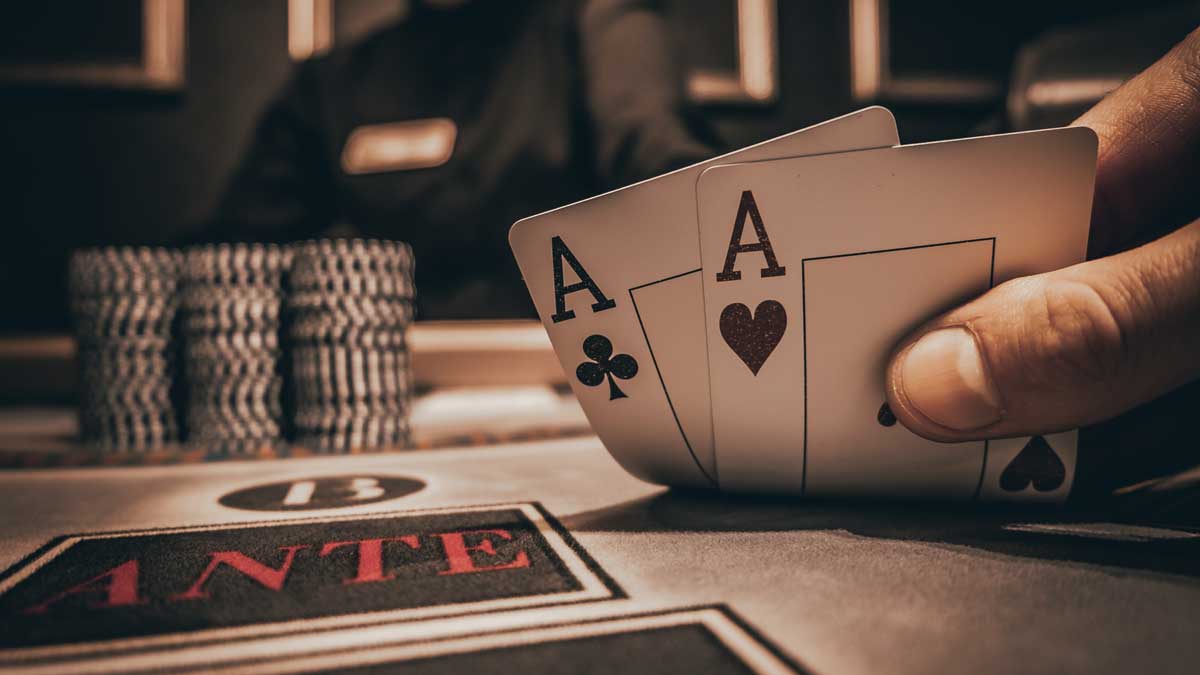 We’ve already clearly seen that the smaller deck size leads to much more compacted starting hand equities. In fact, against a random Short Deck holding, there are only seven card combinations that have an equity of greater than 60%.
We’ve already clearly seen that the smaller deck size leads to much more compacted starting hand equities. In fact, against a random Short Deck holding, there are only seven card combinations that have an equity of greater than 60%.
As such, very few Short Deck starting hands can truly be considered premium. The game’s top players generally agree that Aces, Kings, and A-K suited fall into this category, but nothing else.
Pocket Pairs
Whereas in traditional Hold’em, you’d include pocket Queens and probably pocket Jacks in the category of premium holdings, that is absolutely not the case for Six Plus.
The below table illustrates how all pocket pairs in both Short Deck and Texas Hold’em stack up against the best 14% of starting hands.
| Pocket Pair | Short Deck | Texas Hold’em |
|---|---|---|
| A-A | 74% | 85% |
| K-K | 61% | 74% |
| Q-Q | 55% | 68% |
| J-J | 49% | 63% |
| T-T | 45% | 58% |
| 9-9 | 40% | 54% |
| 8-8 | 37% | 51% |
| 7-7 | 35% | 48% |
| 6-6 | 33% | 45% |
If pocket Kings only beats this range 61% of the time, there’s simply no way Queens and below can be classed as premium hands.
Other Strong Hands
The next bracket of Short Deck starting hands includes the following:
Q-Q, J-J, and T-T;
A-K offsuit;
A-Q and A-J suited;
Against the same top 14% range, here’s how these holdings stack up.
| Hand | Equity |
|---|---|
| Q-Q | 57% |
| A-Ko | 55% |
| J-J | 53% |
| A-Qs | 53% |
| T-T | 49% |
| A-Js | 49% |
| K-Qs | 48% |
Next Best Hands
The mid-tier starting hands in Short Deck Hold’em are as follows.
A-Qo;
A-T, K-J, Q-J, and J-T suited;
9-9.
Pocket Nines will come out on top against this range roughly 44% of the time, while A-Q offsuit triumphs in about 51% of cases. The four suited hands win out between 45% and 47% of the time.
Worst Short Deck Starting Hands
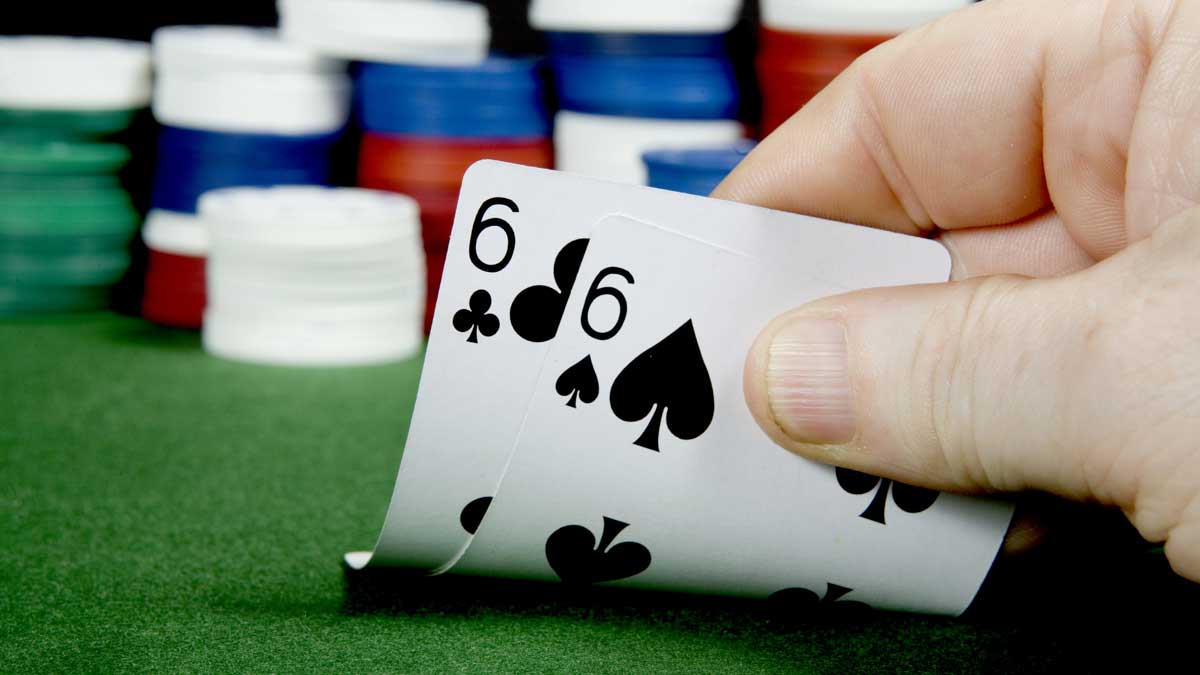 Okay, now we understand what the best possible starting hands are in the game of Short Deck Hold’em. And we’ve seen how wildly different these holdings are compared to Texas Hold’em. So what about the worst starting hands?
Okay, now we understand what the best possible starting hands are in the game of Short Deck Hold’em. And we’ve seen how wildly different these holdings are compared to Texas Hold’em. So what about the worst starting hands?
We all know that 7-2 offsuit is the worst possible hand in Hold’em. But of course, Short Deck doesn’t use any cards lower than a 6. So the most comparable holding would have to be J-6 offsuit. After all, this too cannot make a straight or a flush, plus it also incorporates the lowest possible card.
Against the top 14% range, J-6o wins just 30% of the time. Q-6 offsuit has incredibly similar equity, but it’s just a fraction better.
Here’s a comparison of the very worst-performing hands.
| Hand | Equity |
|---|---|
| J-6o | 30% |
| Q-6o | 30% |
| 7-6o | 31% |
| T-6o | 32% |
| K-6o | 32% |
| 8-6o | 33% |
| 9-6o | 33% |
| J-6s | 33% |
| Q-6s | 33% |
| 6-6s | 33% |
Conclusion
A common mistake that beginners make when transitioning from Texas Hold’em to Short Deck is to overvalue their holdings. Just because a starting hand is a premium hand in Hold’em, that’s not necessarily going to be the case in a Six Plus game.
Now that you’ve got a handle on the best and worst starting hands in Short Deck, you’re all set to hit the tables! Register at Natural8 for free today and play from as little as $0.02 per hand.













